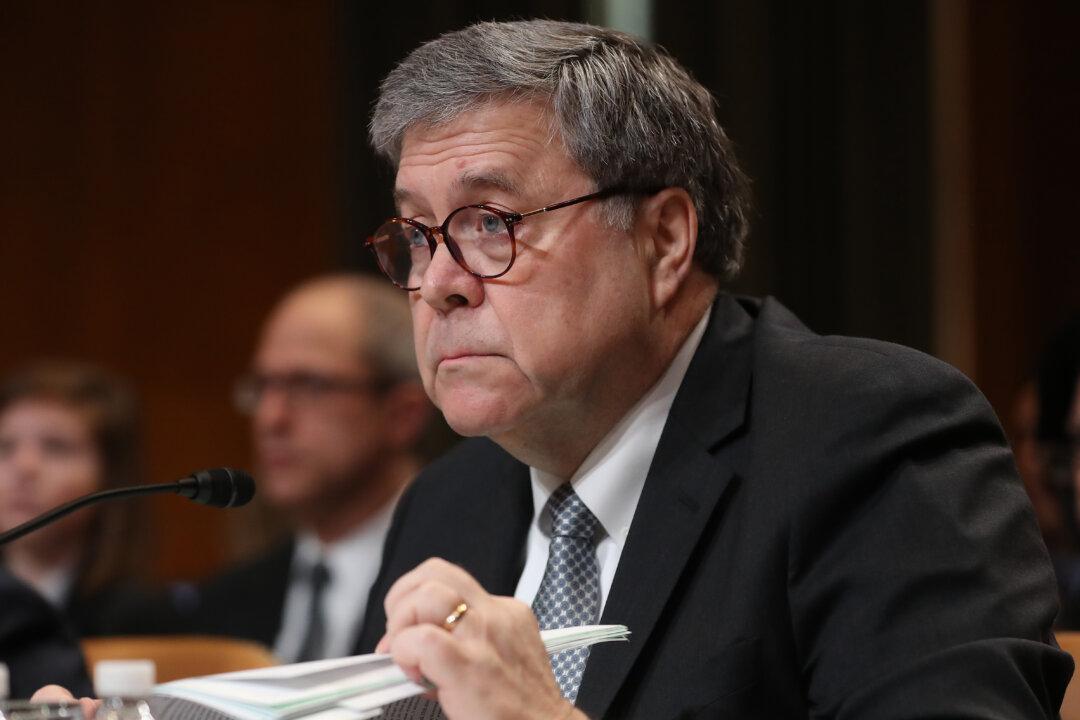Attorney General William Barr plans to release the long-awaited final report by special counsel Robert Mueller on April 18, according to the Justice Department.
Mueller investigated allegations of collusion between the Trump campaign and Russia to interfere in the 2016 election. The special counsel concluded there is no evidence of collusion.





